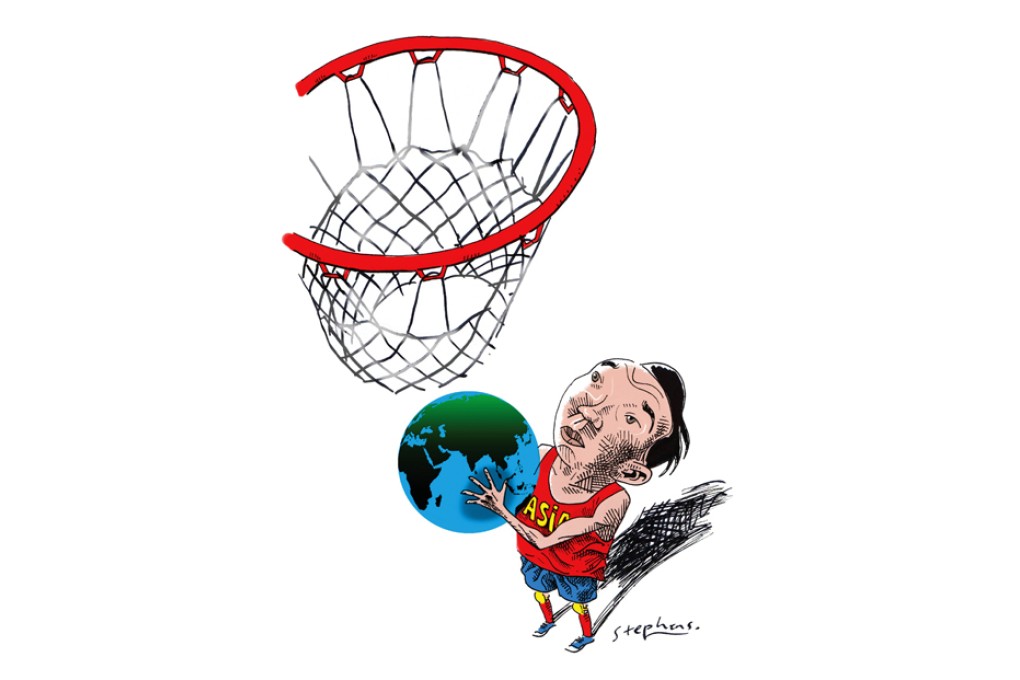Asia’s economic rise doesn't mean it will own the 21st century
Paul Letters says Asia's economic rise, with China and India leading the way, doesn't necessarily mean it will dominate the 21st century, especially given the other factors, such as leadership and soft power, at play

"The 21st century belongs to Asia: discuss". That was the debate for the inaugural Asian alumni event for Oxford University, recently held in Hong Kong. Oxford dons on both sides of the motion agreed on the obvious: China's military will be taken increasingly seriously and its economy, together with India's, will drive Asia's rise for some time. But, ultimately, they also agreed on the less obvious, which is far more interesting.
Arguing that the 21st century does indeed belong to Asia, Dr Linda Yueh, the BBC's chief business correspondent, suggested that in a span of 30 years, quite a lot can change. Yes, it can - meaning Asia's dominance over the next 86 years is far from guaranteed.
For starters, we can cancel out both economics and military hardware. By the middle of the century, Asia will account for more than 50 per cent of the world's gross domestic product. But although almost half of Asia's total will come from China (and one-third from India), it has been widely observed that China's high annual growth is unsustainable. The Organisation for Economic Co-operation and Development estimates that, by 2050, GDP per capita in China will be roughly half that of the world's leading states, and in India and Indonesia, it will be about a quarter.
Asia in general is ageing, and a continued relaxation of China's one-child policy will add to the continent's top and tail demographics: several billion children and retirees will all be dependent on a dwindling proportion of people of working age. So the world economy will be driven by Asia throughout the 21st century, but it won't belong to Asia.
Yes, China's military spending is set on doubling from 2011-2015. (Russia's has tripled since 2000 and is rising ever faster.) But America's spending still dwarfs Russia's and China's combined, and the US lead in military technology and expertise is not about to disappear. Nor is the fact that, in addition to Nato, America gains support through a series of bilateral military alliances. The US has military commitments with 60 nations, who account for 75 per cent of the world's military spending.
Conversely, China doesn't seek global hegemony and doesn't want to risk major war through an entanglement of obligating alliances; its one military ally, North Korea, is hard enough work. In any event, it doesn't much matter if you're the world's top military power or second or third on the list: the prospect of mutually assured destruction nullifies the possibility of direct confrontation. What matters more is global reach: China is better placed geographically, but the US has the benefit of military bases hosted by its far-flung allies.
So we must look beyond the military and economic. Lord Pattern, former Hong Kong governor, Oxford University chancellor and chairman of the debate, threw an idealistic argument against the wind. He suggested that the 21st century will be more about ideas than one nation or one continent - ideas such as sustainable and inclusive development. However, the politics of identity will continue to cast such admirable notions aside: nationalism is going nowhere.